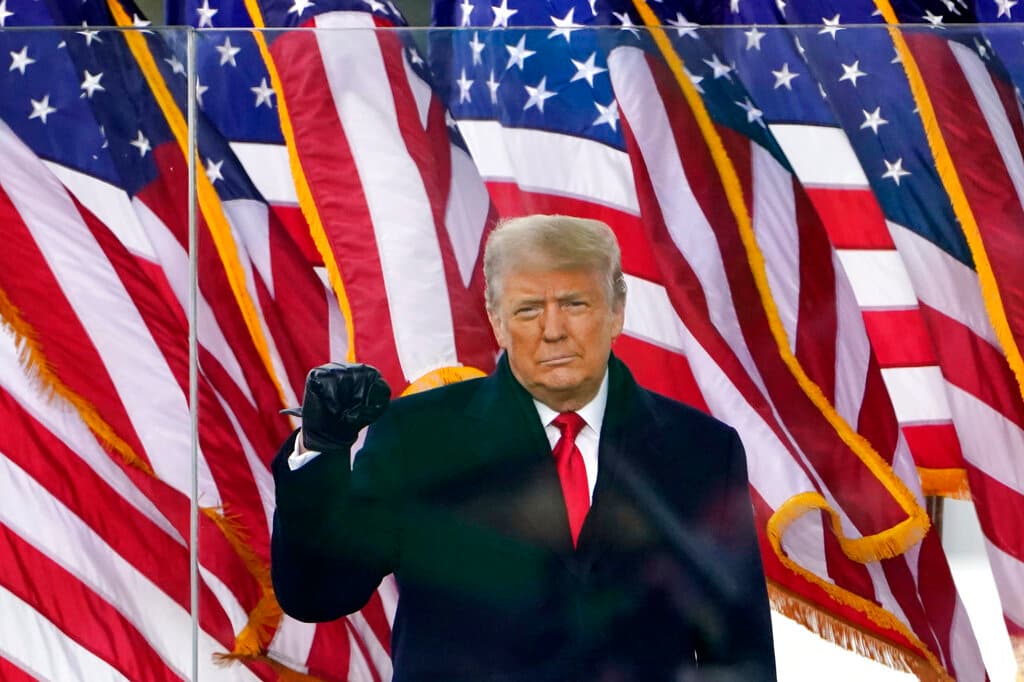The ‘Sarbanes-Oxley Rioters’ Will Get Their Day in Court
Did overzealous G-men choose the wrong law when they charged the January 6 protesters? At least four members of the Supreme Court are wondering.

Moving fast and breaking things allegedly is how they do things in Silicon Valley, but will that approach be the undoing of government prosecutors, from Special Counsel Jack Smith on down? We pose that question after news that the Supreme Court will decide whether the Justice Department over-reached when it used against the January 6 rioters — and President Trump — a statute meant to combat financial fraud.
We first wrote about this in April, in an editorial called “The Sarbanes-Oxley Riot.” It is, we wrote, “an abuse to use Sarbanes-Oxley in pursuing those who rioted on January 6.” That is because the law, passed in the aftermath of the scandal at Enron, was designed to punish wayward accountants and tax preparers. None of the defendants in the January 6 cases were tried for financial fraud or anything related to it.
One can speculate that the reason Special Counsel Jack Smith and his team are attracted to the high sentences — up to 20 years — that can be imposed under Sarbanes-Oxley. Yet rioting over the electoral vote count is not what the law was intended to prevent. Plus, too, to obtain a conviction under SOX, as the law is known, the government is required to show that a defendant “corruptly” obstructed an official proceeding, or attempted to do so.
The case at which the Nine will weigh all this is called Fischer v. United States. Joseph Fischer is charged with seven counts, one of which is violating Sarbanes-Oxley by obstructing an official proceeding — never mind that it is one that has nothing to do with SOX’s purpose of financial transparency. So Mr. Fisher is objecting, and he won the point in district court. That victory, though, was overturned by the riders of the District of Columbia appeals circuit.
No wonder at least four members of the Supreme Court voted to hear the case. It’s too soon to predict — and we don’t — that the Circuit will be overturned. It’s not too soon to make a mental note of the fact that Mr. Smith has been overturned by the Supreme Court in some spectacular cases of overly eager prosecuting. The most famous, as our A.R. Hoffman reports nearby, is of Governor McDonnell of Virginia.
The hapless governor was convicted, in a prosecution overseen by Mr. Smith, of bribery for taking gifts. When it got to the Supreme Court, the conviction was overturned — unanimously. This raises a judgment question. Has Mr. Smith, a famed and formidable prosecutor, come down with a case of hubris? It’s a great question for the Supreme Court, which in the past generations or two has made it clear it will brook no abuses by overzealous G-men.

